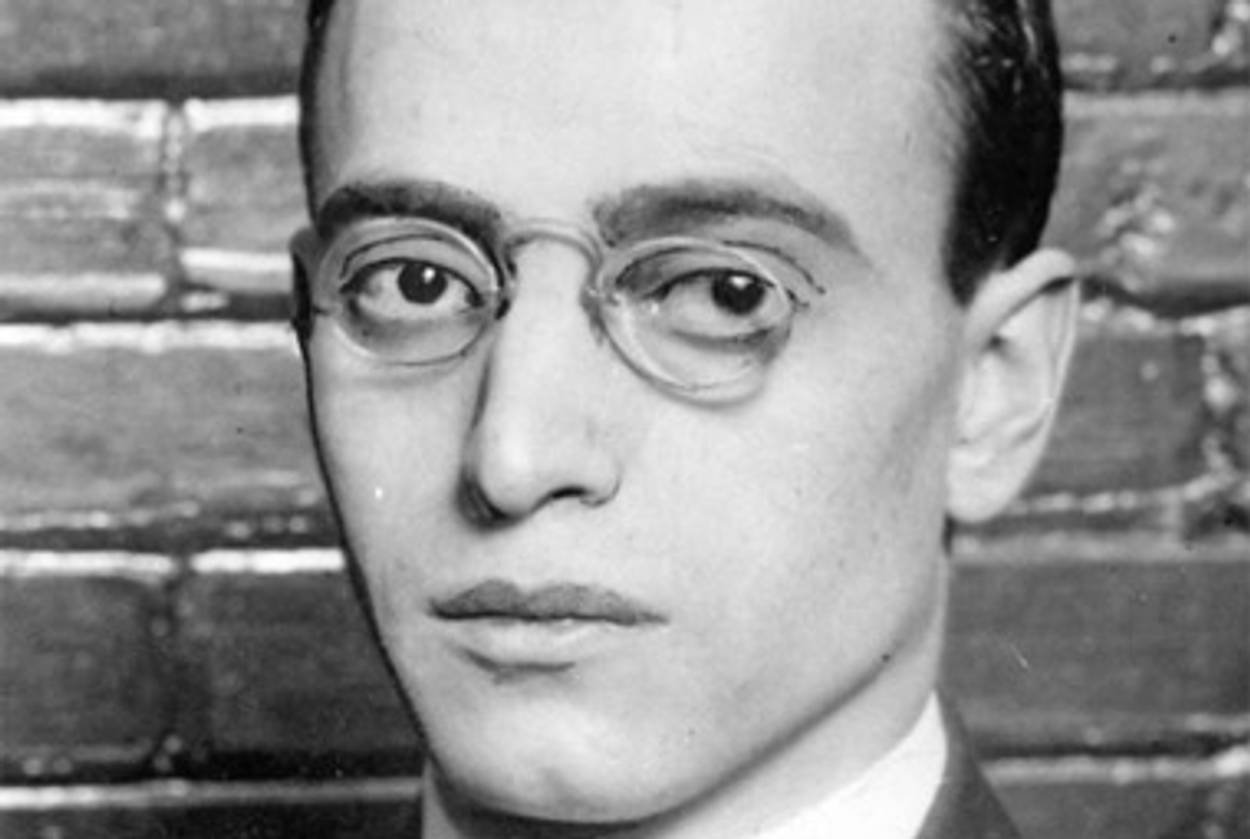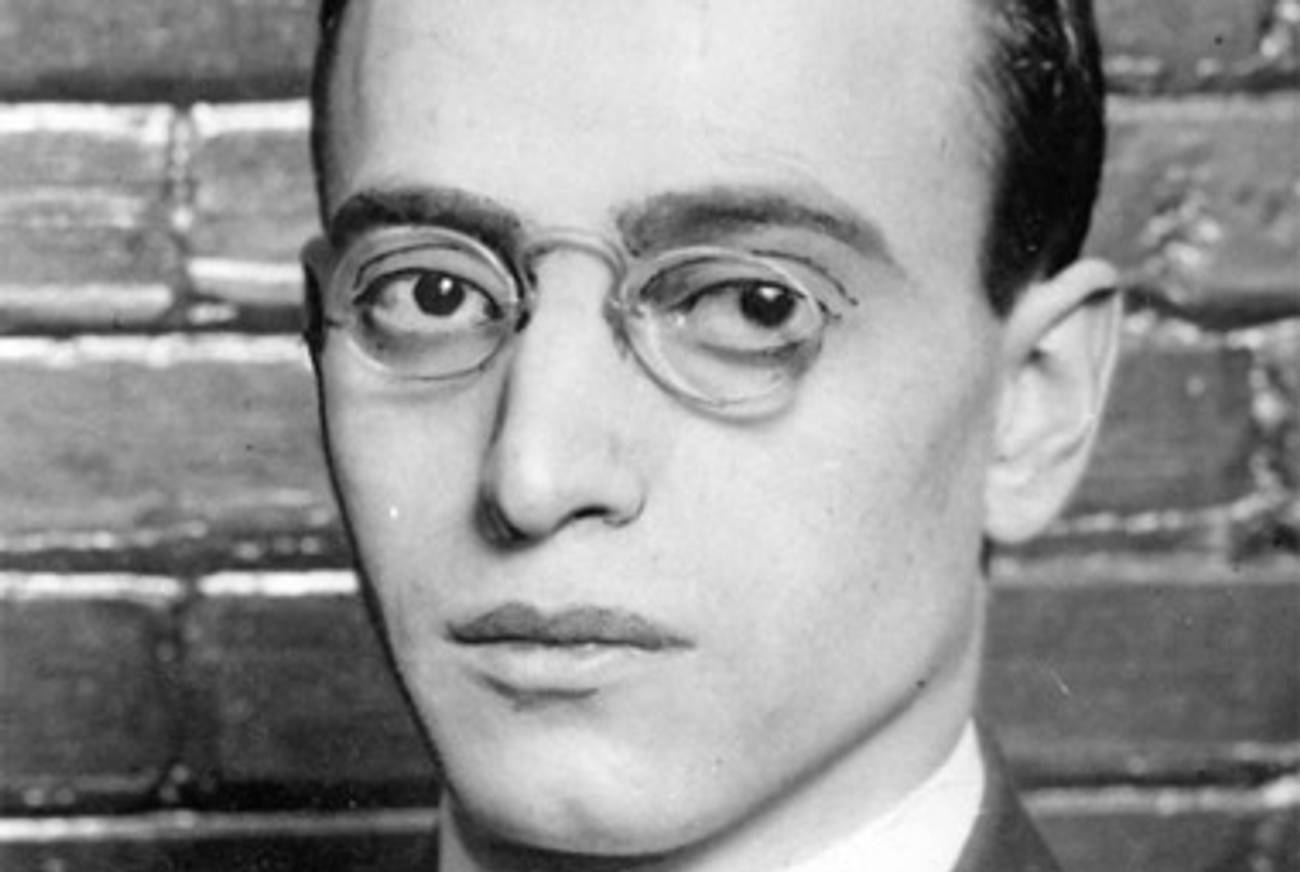Why So Much Attention for 1915 Leo Frank Case?
Because it resembles politics today, says ‘LAT’ op-ed




Leo Frank, the Jewish factory boss lynched by a mob near Atlanta after being falsely convicted of a female child laborer’s murder in 1915, is the subject of a new PBS documentary and a musical revival; he also spent the morning as the lead story on CNN.com. Why all this current focus on a nearly century-old story of anti-Semitic bigotry? Steve Oney, the author of a book about the case and a consultant on the PBS film, explained last week in the Los Angeles Times. First, Oney says, the Frank case was a lurid mystery story full of twists like a white Southern jury using the testimony of a black factory worker to convict a Jew, and a damning portrait of a legal system that itself perpetrated racist vigilantism (the lynch mob that killed Frank while he was in state prison, Oney writes, was actually organized by a Superior Court judge). But it’s particularly relevant to our historical moment, he says, because “the conflict at its core foreshadows today’s red-state/blue-state hostilities.” Oney argues that Adolph Ochs, the owner and publisher of the New York Times (and great-grandfather of the current publisher of the Times) stoked the flames of populist outrage by orchestrating a national campaign in Frank’s defense while he was appealing his original conviction. Frank, wronged in the first place, became a symbol of the reach of urban, Jewish media, Oney says, and a Glenn Beck of the day exploited it, giving “voice to a constituency that felt excluded from the halls of power in Washington and on Wall Street.”
Ari M. Brostoff is Culture Editor at Jewish Currents.